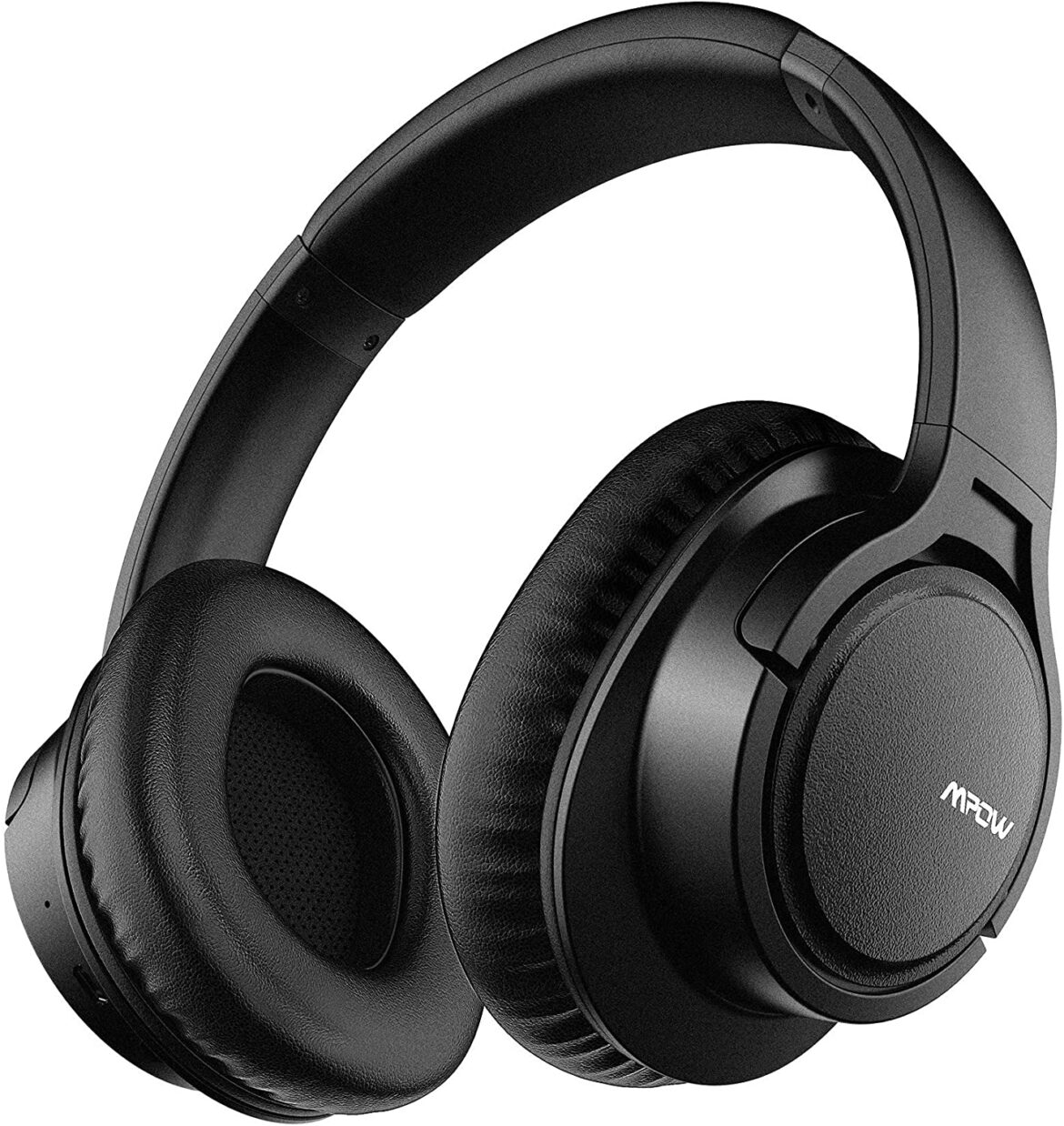In today’s fast-paced world, headphones have become an essential accessory for many people. Whether you’re an avid music lover, a frequent traveler, or a gamer, finding the right headphones can greatly enhance your audio experience. With so many options available on the market, choosing the right headphones can be a daunting task. In this article, we will discuss some key factors to consider when selecting the perfect pair of headphones to suit your needs.
- Determine Your Usage:
Before diving into the technical specifications and features, it’s important to determine how you plan to use your headphones. Are you primarily going to use them for music listening at home? Do you need a pair for your daily commute? Will you be using them for gaming or professional audio editing? Identifying your usage scenario will help narrow down your options and choose the right type of headphones.
- Headphone Types:
There are various types of headphones available, each offering unique advantages and disadvantages. Here are the most common types:
a) Over-Ear Headphones: These headphones feature large ear cups that fully enclose your ears. They provide excellent sound quality and comfort, making them ideal for long listening sessions. Over-ear headphones also offer good noise isolation, blocking out external sounds.
b) On-Ear Headphones: On-ear headphones rest on the outer part of your ears. They are more compact and portable than over-ear headphones, but they may not be as comfortable for extended periods of use. On-ear headphones provide a good balance between sound quality and portability.
c) In-Ear Headphones: Also known as earphones or earbuds, in-ear headphones are small and lightweight. They fit directly into the ear canal and are highly portable. In-ear headphones are commonly used with portable devices like smartphones and MP3 players.
d) Wireless Headphones: Wireless headphones connect to your audio source via Bluetooth, eliminating the need for a physical cable. They offer freedom of movement and are convenient for activities like exercising or commuting. However, wireless headphones may have slightly lower sound quality compared to wired options.
e) Noise-Canceling Headphones: Noise-canceling headphones use active technology to reduce external noise, providing a more immersive audio experience. They are particularly useful in noisy environments or during air travel. Keep in mind that noise-canceling headphones tend to be more expensive than regular headphones.
- Sound Quality:
One of the most important factors to consider when choosing headphones is sound quality. However, sound quality is subjective, and what sounds good to one person may not be the same for another. If possible, try out different headphones to determine which sound signature you prefer. Look for headphones that offer a balanced frequency response, providing clear highs, mids, and lows without overpowering any particular range.
- Comfort:
Comfort is another crucial aspect, especially if you plan to use your headphones for extended periods. Over-ear headphones generally provide better comfort due to their larger ear cups and cushioning. Adjustable headbands and swiveling ear cups can also contribute to a better fit. If you opt for in-ear headphones, choose a size and design that fits comfortably in your ears without causing discomfort or fatigue.
- Portability:
Consider the portability of your headphones, especially if you intend to use them on the go. Over-ear headphones are bulkier and less portable compared to on-ear or in-ear options. If you frequently travel or commute, compact and foldable headphones may be more suitable. Wireless headphones are also convenient for portability, as they eliminate the need for tangled cables.
- Durability:
Investing in a pair of headphones that can withstand everyday wear and tear is essential. Look for headphones made from durable materials, such as metal or high-quality plastic. Reinforced cables and detachable parts can also increase their longevity. Additionally, check for reviews or warranties to get an idea of the manufacturer’s commitment to quality.
- Additional Features:
Headphones often come with additional features that can enhance your listening experience. Some popular features include:
a) In-Line Controls: Built-in controls on the cable allow you to adjust volume, play/pause music, and answer phone calls without reaching for your audio source.
b) Microphone: If you plan to use your headphones for making phone calls or gaming, a built-in microphone is essential. Make sure the microphone quality is adequate for your needs.
c) Connectivity Options: Consider the compatibility of the headphones with your devices. Some headphones offer wired and wireless connectivity options, giving you flexibility in how you use them.
d) Battery Life: If you choose wireless headphones, pay attention to the battery life. Longer battery life ensures that you can use them for extended periods without frequent recharging.
- Budget:
Lastly, consider your budget when selecting headphones. Prices can vary significantly depending on the brand, features, and quality. Set a budget range and prioritize the features that matter most to you. Remember that high-priced headphones may not always guarantee the best sound quality, so do your research and read customer reviews before making a final decision.
In conclusion, choosing the right headphones is a personal decision based on your specific needs and preferences. By considering factors such as usage, headphone types, sound quality, comfort, portability, durability, additional features, and budget, you can make an informed choice. Whether you’re a music enthusiast, a frequent traveler, or a gamer, finding the perfect pair of headphones will significantly enhance your audio experience and provide hours of enjoyment.




